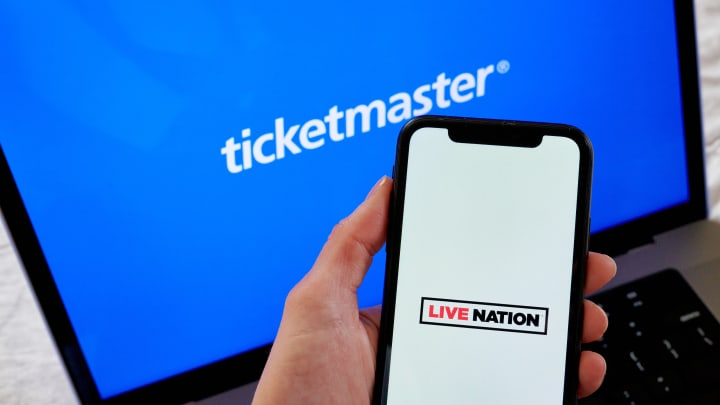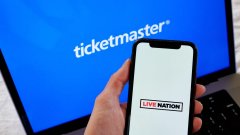
The Justice Department lawsuit, filed in the U.S. District Court for the Southern District of New York, accuses Live Nation of violating the Sherman Act and maintaining a self-reinforcing business model by capturing fees and revenue from concert fans and sponsorships, which it then uses to lock artists into exclusive promotion deals that give the artists access to key entertainment venues across the country. Live Nation then uses that dominance to lock new concert venues into long-term exclusionary contracts, thereby restarting the cycle, the lawsuit claims.
Live Nation is also accused of threatening financial retaliation against potential competitors and venues that work with rivals; strategically acquiring smaller and regional competitive threats for the purpose of growing their competitive moat; and exploiting a relationship with venue partner Oak View Group, flipping the latter's contracts over to Ticketmaster and discouraging competition in concert promotions.
The lawsuit claims that Live Nation has discouraged bidding wars for artists and has unlawfully pressured artists into signing on for promotional services if they want to use the company's venues, at times sacrificing profits it can earn as a venue owner by preferring to let its venues sit empty rather than have artists with other promotional contracts.
"In its own words, Live Nation uses its exclusionary conduct as a 'hedge against significant improvements by the competition or even a new competitor.' But the cost of that hedge is one that we all pay, for example a broken ticketing website with substandard customer service that still captures your valuable data," Assistant Attorney General Jonathan Kanter said during a press conference.
"It is through these exclusive ticketing arrangements that Americans face the dreaded Ticketmaster tax, the seemingly endless set of fees ironically named service fee or convenience fee when they are anything but," Kanter said.
Live Nation made headlines last year when a surge of demand from 14 million users, including bots, for Taylor Swift concert tickets . A Senate subcommittee to Live Nation and Ticketmaster in November 2023, following a monthslong probe prompted by the exorbitant inflated ticket prices in Swift's Eras Tour.
Steep prices for the U.S. shows led scores of fans to seek out tickets to Swift's tour in other countries, which could often be cheaper even after international air travel.
"In other countries where venues are not bound by Ticketmaster's exclusive ticketing contracts, venues often use multiple ticketing companies for the same event and fans see lower fees and more innovative ticketing products as a result," Garland said in a news conference.
Live Nation said Thursday it doesn't benefit from monopoly pricing, saying that Ticketmaster service charges "are no higher than elsewhere, and frequently lower." The company noted its overall net profit margin is at the low end of S&P 500 companies.
Live Nation further argued the lawsuit won't reduce ticket prices or service fees. It said artist teams set prices for their tickets and the venues set and keep the majority of ticket fees.
"Some call this 'anti-monopoly', but in reality it is just anti-business," Live Nation's Wall said. "There is no legal basis for objecting to vertical integration on these grounds."
Live Nation earlier this month citing first-quarter revenue that was up 21% from the prior-year period.
The company has also been in the public eye in the past year over regarding hidden fees in ticket pricing.




